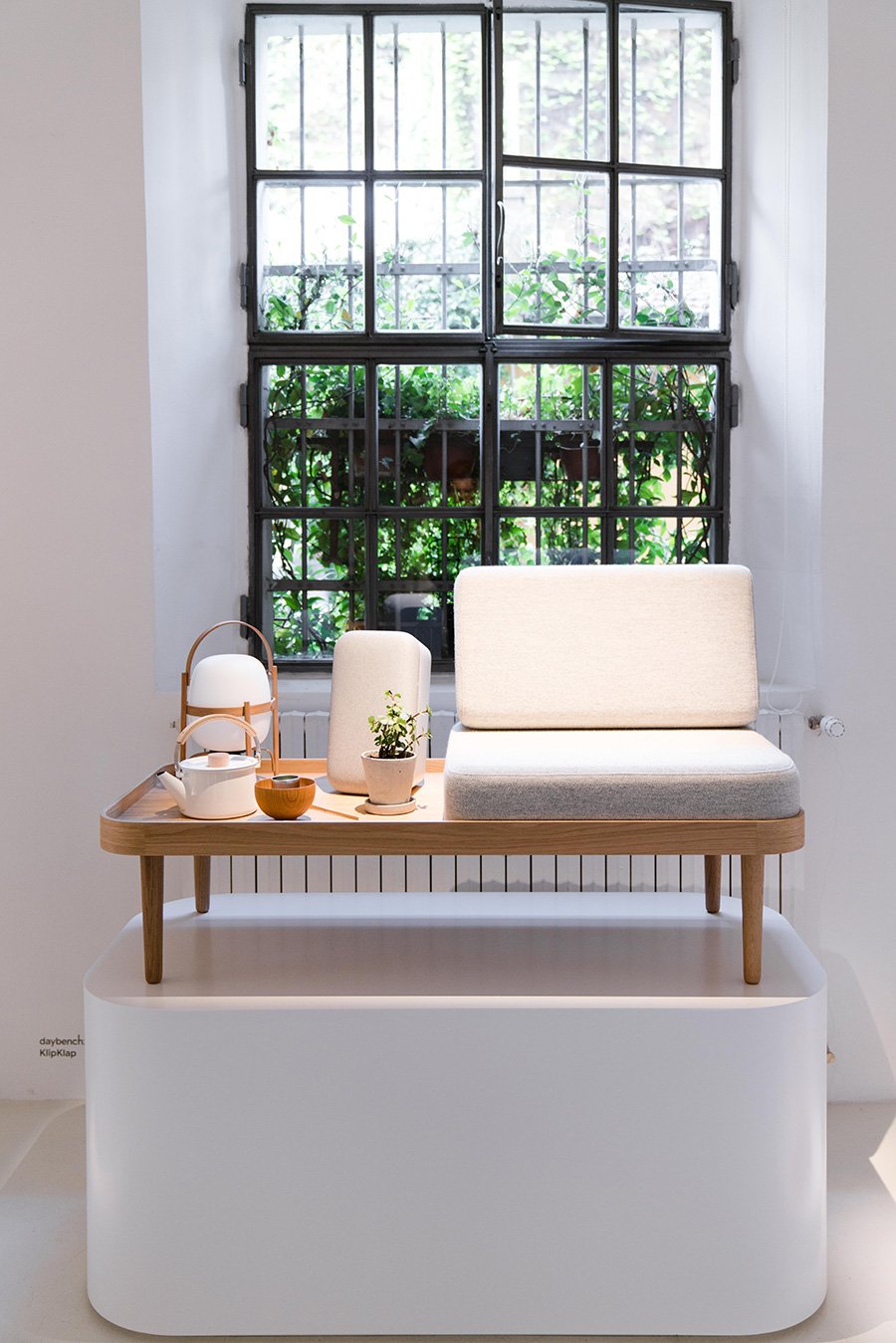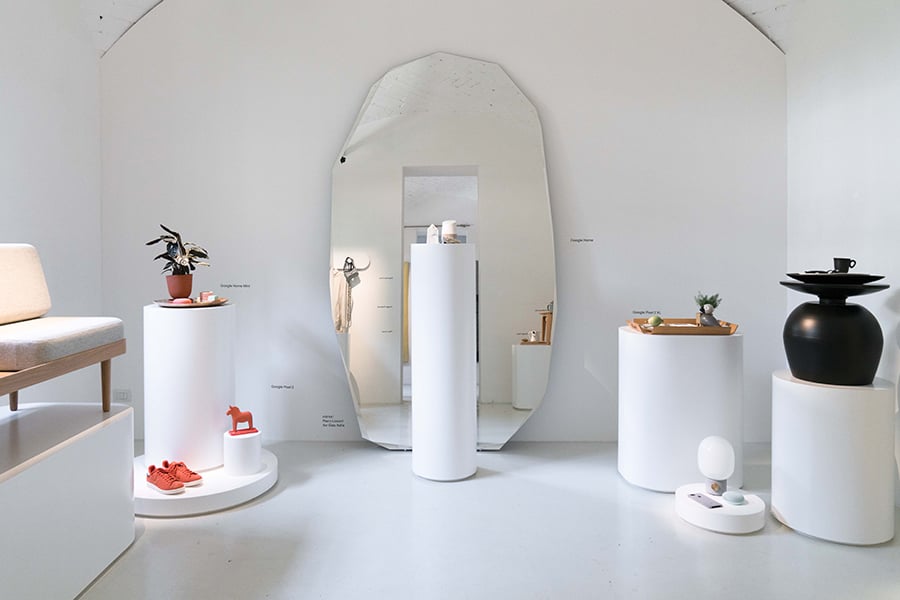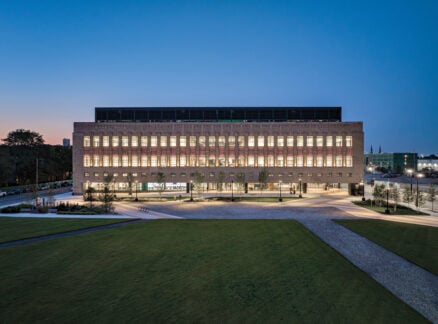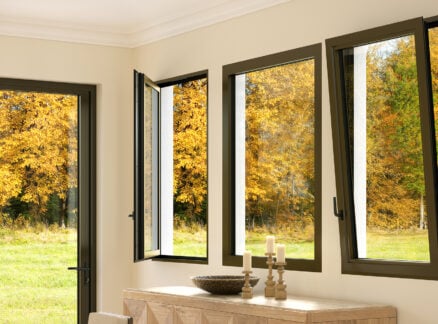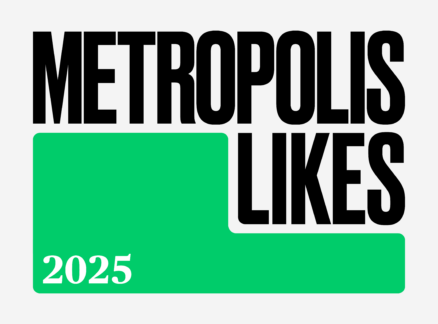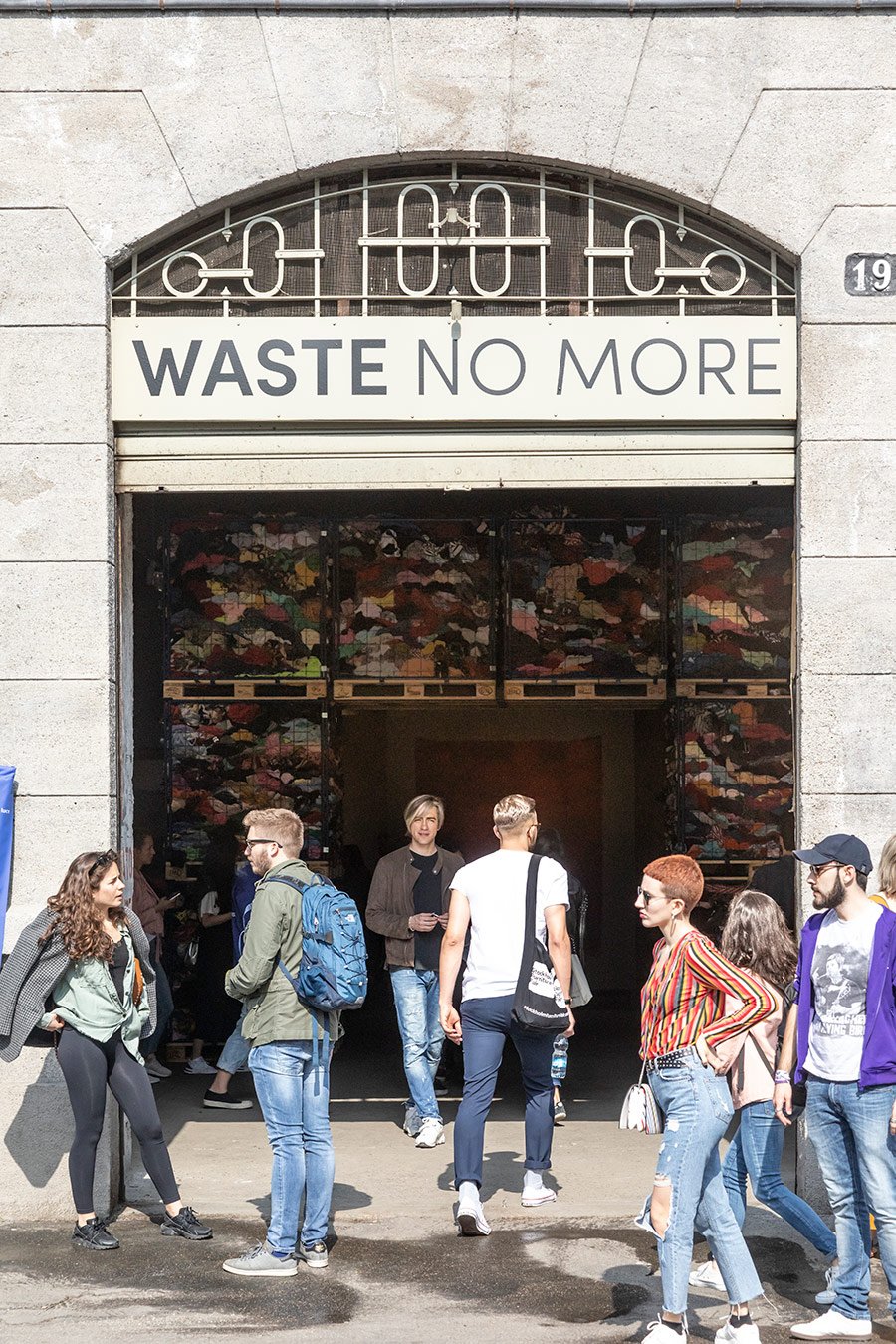
April 19, 2018
Li Edelkoort is Teaming up with Eileen Fisher to Change How The World Uses Textiles
The Dutch doyenne of design curated an exhibition with fashion brand Eileen Fisher for Milan Design Week on textile recycling and Edelkoort plans to tackle sustainability in her new Parsons MFA textile program.

Lidewij Edelkoort, the visionary trend forecaster, educator, and curator, frequently goes beyond stylistic assessments to look at design’s wider impact on society. In recent years, her focus has shifted toward reevaluating textiles and the fashion industry, where she consults for major brands such as L’Oreal, Lancôme, and Gucci. Her 2015 “The Fashion System Is Obsolete” manifesto declared, “Fashion will always survive as a means of renewal, expression, communication, and even shelter…. However, we need to overhaul the entire system: from education to materialization, making, and retail. It’s become a human disaster.”
The fashion industry is indeed a major polluter, with crops like cotton requiring vast quantities of water and chemicals to produce: one cotton shirt requires some 700 gallons of water. Textile mills globally produce one-fifth of industrial water pollution while the U.S. fails to recycle some 21 billion pounds of textiles every year. Now, in an Eileen Fisher exhibition she just curated for Milan Design Week, as well as an upcoming Parsons textiles MFA program that she founded, Edelkoort is beginning to forefront solutions to this challenge.
The exhibition, titled Waste No More, is in collaboration with one of Edelkoort’s longtime friends, Eileen Fisher, founder of her eponymous global fashion brand. Edelkoort recognized that Fisher shared a similar concern for textile sustainability and was already leading the charge in finding new eco-friendly solutions. Invited to visit the brand’s Hudson Valley production plant last year, Edelkoort discovered that Fisher’s factory was using clothing bought back from customers to produce new collage textiles (i.e. textiles whose fabric is re-sewn or felted from multiple sources) for use in homes and interiors. For Edelkoort, this process represented a new level of freedom and creativity. “When working with your products a second time, there are no limits as it’s already waste,” the trend forecaster tells Metropolis. “It also inspires producers to use better materials from the outset.”
She convinced Fisher to showcase the new upcycled textile line, dubbed DesignWork, at this year’s Milan Design Week. Edelkoort hopes the exhibit, which she curated, serves as a catalyst for other brands to follow suit.

Edelkoort aims to incorporate similar practices at her new Textiles MFA program at Parsons School of Design, where she’s dean of hybrid design studies. The program, which launches this September, will forefront sustainability and new manufacturing technologies. “Our students will take the medium much further than it is today,” she explains. “They will need to find their own form of expression.”
Combining practice and theory, the program will incorporate courses in both high-tech and traditional craft techniques. Central to all classes will be an inherent understanding of how to source long-lasting materials and design textile products with a small ecological footprint in production, use, and reuse. The program will also feature an “externship” component where students will be placed in top New York design studios to develop their own projects under the mentorship of an industry leader, including Eileen Fisher.
This program is the just the latest chapter in Edelkoort’s long engagement with textiles. Her focus on this material began around ten years ago, she tells Metropolis, when she began to realize the textile industry had stagnated. “Many of my clients told me that they could no longer find the right yarns or dyes and that there were no new developments in machinery,” she says.
Joining forces with business partner Philip Fimmano, she launched the Talking Textiles movement, a series of traveling exhibitions, workshops, and conferences intended to reinvigorate the medium and its associated crafts. “When we opened our first Talking Textiles exhibit in Milan, in 2011, nobody talked about the material,” Edelkoort recalls. “Now it’s a major trend.”
The trend forecaster does admit that change will come slowly, telling Metropolis that it will probably take some 35 years for upcycling to become the norm. Still, she’s excited about this potential this field holds. “Through my interest in textiles, I learned that when man started out as a species, almost everything was made from textile, such as transportation and architecture,” she says. “Now, I feel passionate that we’re going back to considering textiles when it comes to knitted jet planes and crocheted buildings. Textile is and will be the matter of the 21st century.”
You may also enjoy “Here are 5 Free 3D Printing Recipes Featured in Emerging Objects’ New Book.”



